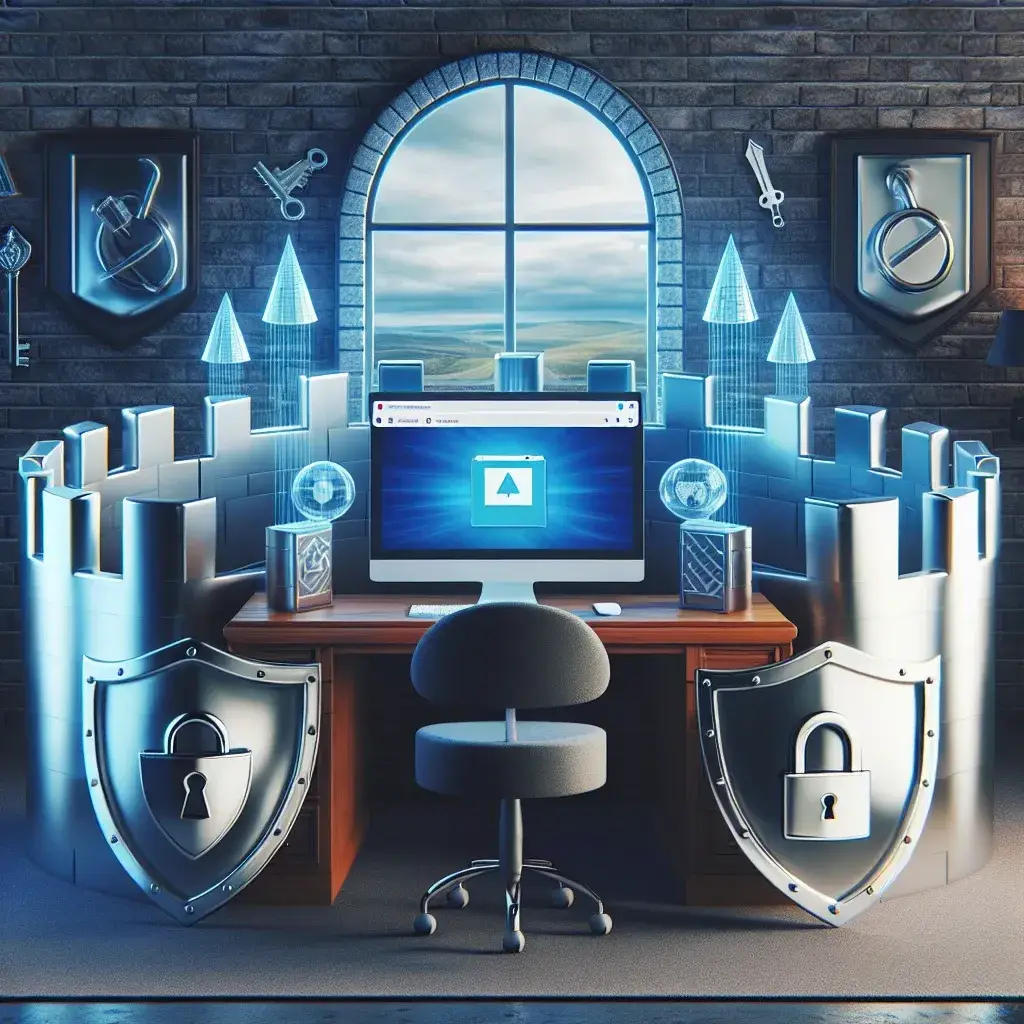In the current digital age, safe internet browsing is essential to protect your personal information and avoid potential cyber threats. Whether you are a casual user or a frequent surfer, following best practices can greatly reduce the risk of encountering security issues.
Using Strong and Unique Passwords
The foundation of safe internet browsing starts with using strong and unique passwords for each of your accounts. Reusing passwords can considerably increase your risk if one of your accounts gets compromised.
- Ensure your passwords are at least 12 characters long.
- Include a mix of uppercase and lowercase letters, numbers, and special symbols.
- Avoid using easily guessable information such as birthdays or common words.
Below is a table comparing strong and weak password characteristics:
| Password Type | Character Length | Complexity |
|---|---|---|
| Strong | 12+ | High (mix of characters and symbols) |
| Weak | <8 | Low (common words or patterns) |
Utilizing Multi-Factor Authentication
Multi-Factor Authentication (MFA) provides an additional layer of security beyond just your password. Implementing MFA can significantly reduce the likelihood of unauthorized access to your accounts.
- Enable MFA on all accounts that support it.
- Use authentication apps or physical security tokens.
- Avoid relying solely on SMS-based authentication if possible.
Keeping Software Updated
Keeping your software up to date is crucial for maintaining security. This includes your operating system, browser, and any plugins or extensions you use.
- Regularly check for and install updates.
- Enable automatic updates when available.
- Uninstall any outdated or unused software.
Using Reliable Antivirus and Anti-Malware Software
Installing reliable antivirus and anti-malware software is a critical step for safe internet browsing.
- Choose reputable antivirus software with real-time protection.
- Run regular scans and remove detected threats.
- Consider using additional anti-malware tools for layered protection.
Being Aware of Phishing Scams
Phishing scams aim to trick you into providing sensitive information. Being aware of and cautious about these scams can help you avoid falling victim.
- Do not click on links or download attachments from unknown sources.
- Verify the sender’s email address before responding to any requests for information.
- Look out for red flags such as urgent language or misspelled URLs.
Using Secure Connections
Always use secure connections to protect your data from being intercepted by unauthorized parties.
- Look for HTTPS in the website’s URL to ensure it’s using encrypted communication.
- Avoid using public Wi-Fi for sensitive transactions.
- Consider using a Virtual Private Network (VPN) for an added layer of security.
Managing Browser Settings and Extensions
Adjusting your browser settings and managing extensions can help enhance your online safety.
- Enable browser features like pop-up blockers and Do Not Track requests.
- Regularly review and update your privacy settings.
- Uninstall any unnecessary or suspicious browser extensions.
Practicing Safe Downloading
Downloading unknown files or software can introduce malware to your device.
- Only download files from trusted sources.
- Avoid downloading pirated software or media.
- Verify the integrity of downloaded files using checksums if available.
Being Cautious with Personal Information
Be mindful of the personal information you share online. Limit the amount of sensitive information you make public.
- Avoid sharing your full address, phone number, or social security number on public platforms.
- Use privacy settings to control who can view your information on social media.
- Be cautious of oversharing, even with friends or acquaintances.
Conclusion
By following these best practices for safe internet browsing, you can greatly reduce your risk of encountering cyber threats. Always stay vigilant and proactive about your online security to keep your personal information and data safe.

